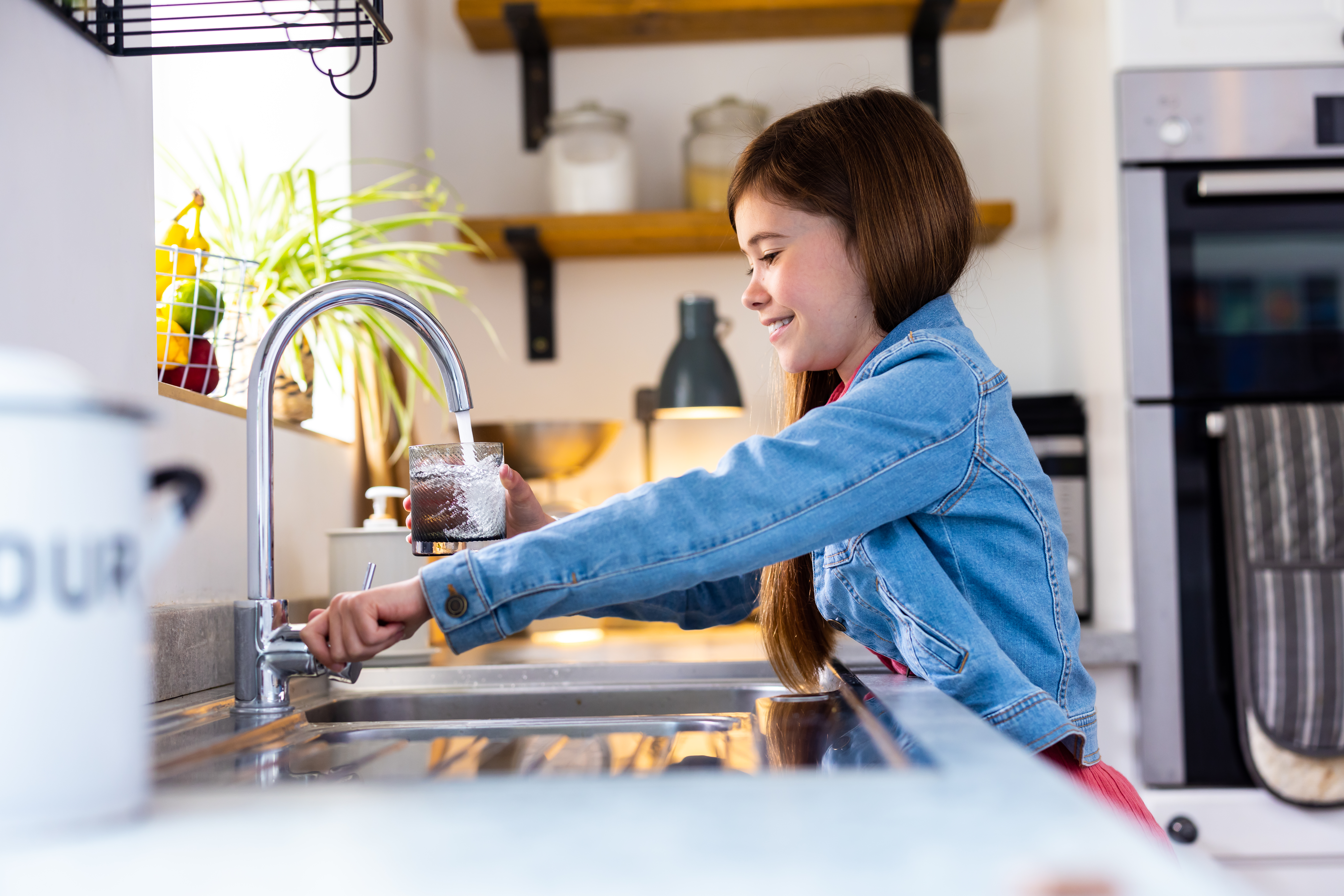
A history of our water
As we celebrate World Water Day, it’s a great time to think about the role water plays in our day to day lives and the simple steps we can all take to save a little more water. Whether it’s taking shorter showers, fixing leaky loos or turning the tap off when brushing your teeth, small changes can make a big difference.
Water is essential to life – we use it to drink, cook with, clean with and to keep our gardens lush and homes comfortable.
Water hasn’t always been treated to today’s standards. In the past, people relied on natural sources like springs, wells, and rivers, often without any treatment. This made water less reliable and posed serious health risks, as untreated water could carry harmful bacteria and diseases like cholera.
As time went on, communities began collecting rainwater in tanks, but without proper filtration or treatment, the quality of drinking water was still a concern.
It wasn’t until the 1800s that things started to change. After scientists discovered the link between dirty water and diseases like cholera, water filtration and chlorination systems were introduced, making water much safer to drink. This was a big step in improving public health and marked the beginning of modern water treatment systems we know today.
As the population grew and industries developed, more water was needed. To meet the demand, huge reservoirs like Bewl Water were built to work alongside other water sources such as boreholes, rivers, and natural springs. This complex network of water collection helps ensure there’s enough water to go around, especially as cities and towns continue to grow.
Fast forward to today, the average household uses 140-150 litres of water per person per day, and we treat 550 million litres daily. But climate change and a growing population are putting more pressure on water supply, increasing demand while reducing availability.
To tackle these challenges, we’re looking at new ways to make sure there’s enough water to go around for generations to come, including:
· Water Recycling – already used around the globe, water recycling produces highly treated, purified water that is then pumped to one of our water supply works for further treatment to meet strict water safety standards.
· A new reservoir - We're working with Portsmouth Water to build the UK’s first new one in 30 years, which will provide an extra 21 million litres of water per day. Meaning we’ll need to take less water from the River Test and Itchen, protecting them for future generations to enjoy.
· Reducing leaks – Our dedicated team of Leakage Technicians work 24/7 to find and fix leaks, helping to reduce the amount of water lost in our network.
As we celebrate World Water Day, it’s a great time to think about the role water plays in our day to day lives and the simple steps we can all take to save a little more water. Whether it’s taking shorter showers, fixing leaky loos or turning the tap off when brushing your teeth, small changes can make a big difference.
